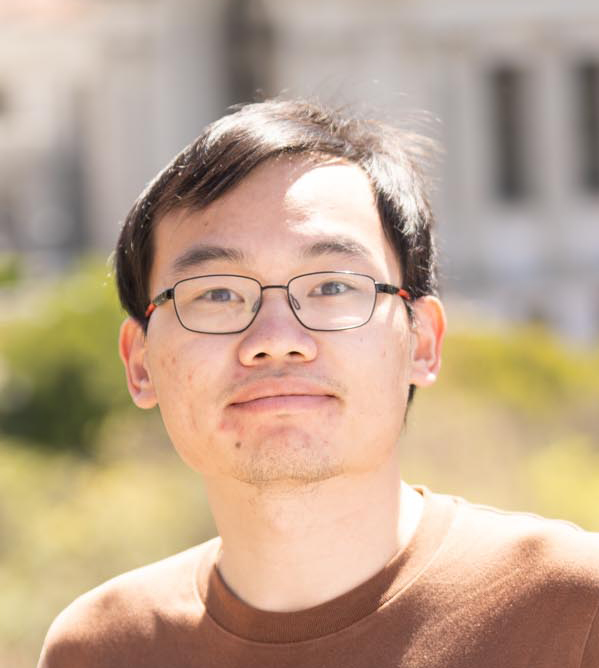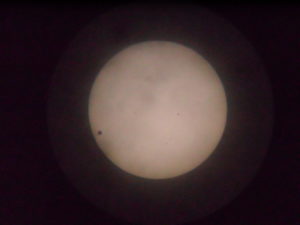Aidi Zhang (张艾迪)

My academic journey began at Sun Yat-Sen University, where I earned a B.Eng. degree in Theoretical and Applied Mechanics. Throughout my undergraduate years, I had the chance to explore a range of research subjects. I delved into optimizing methods for detecting structural damage and also immersed myself in simulating two-dimensional Rayleigh-Bénard convection. This latter experience notably sparked my interest in computational fluid dynamics. Parallel to my academic pursuits, I’ve enjoyed stargazing as a hobby since my middle school days. Fortunately, my path led me to the CFD lab at UC Berkeley, where my two passions seamlessly fused into research projects that perfectly align with my interests.
My current research interest revolves around using Computational Fluid Dynamics (CFD) to unravel the underlying physics in geophysical and astrophysical flows. My Ph.D. thesis focuses on vortices on Jupiter. The observational history of Jovian vortices dates back to Robert Hooke in 1665. Many of them are very long-lived. For instance, the Great Red Spot (GRS) on Jupiter – a persistent anticyclone within its atmosphere – has been continuously observed since 1857. Modeling the evolution of these vortices is challenging because the timescales on Jupiter vary dramatically. For example, the buoyancy timescale is ~10 minutes, the Coriolis timescale is ~10 hours, and the vortex turnaround timescale is ~5 days. The fast dynamics make long-term direct simulation of Jovian vortices prohibitively expensive. I have developed our group’s home-grown pseudo-spectral-method-based code to handle the complexities of Jupiter’s atmosphere. This encompasses its notable compressibility (referred to as anelastic flow in fluid terminology) and phenomena that span a broad range of timescales. Using this new method, our work on the three-dimensional structure of Jovian vortices was published in the Journal of Fluid dynamics.
Currently, I am a postdoctral scholar in the Convection & Climate Group at University of Chicago. I am working on the dynamics of atmospheric rivers, which are narrow streams of water vapors that can bring in heavy rainfalls and flooding. I use both the Community Earth System Model (CESM) and a two-layer shallow water model. I am also exploring for other possible geophysical fluid dynamics problems in climates.
Outside of academic research, I enjoy hiking and photography. My camera often points toward the sky, capturing some pretty cool astronomy stuff. There’s something magical about those celestial moments. Let me share a couple of photos with you. First up, we have the Venus transit on June 6th, 2012, snapped in Guangzhou, China. The second shot is from the total solar eclipse on August 17th, 2017, taken in Madras, Oregon. Those were definitely some amazing sights. I’ve set my sights on catching another Venus transit, which is conveniently scheduled for the year 2117. So, you know, as long as I find the secret to live for another century, I’ll be there with my camera! 😉

